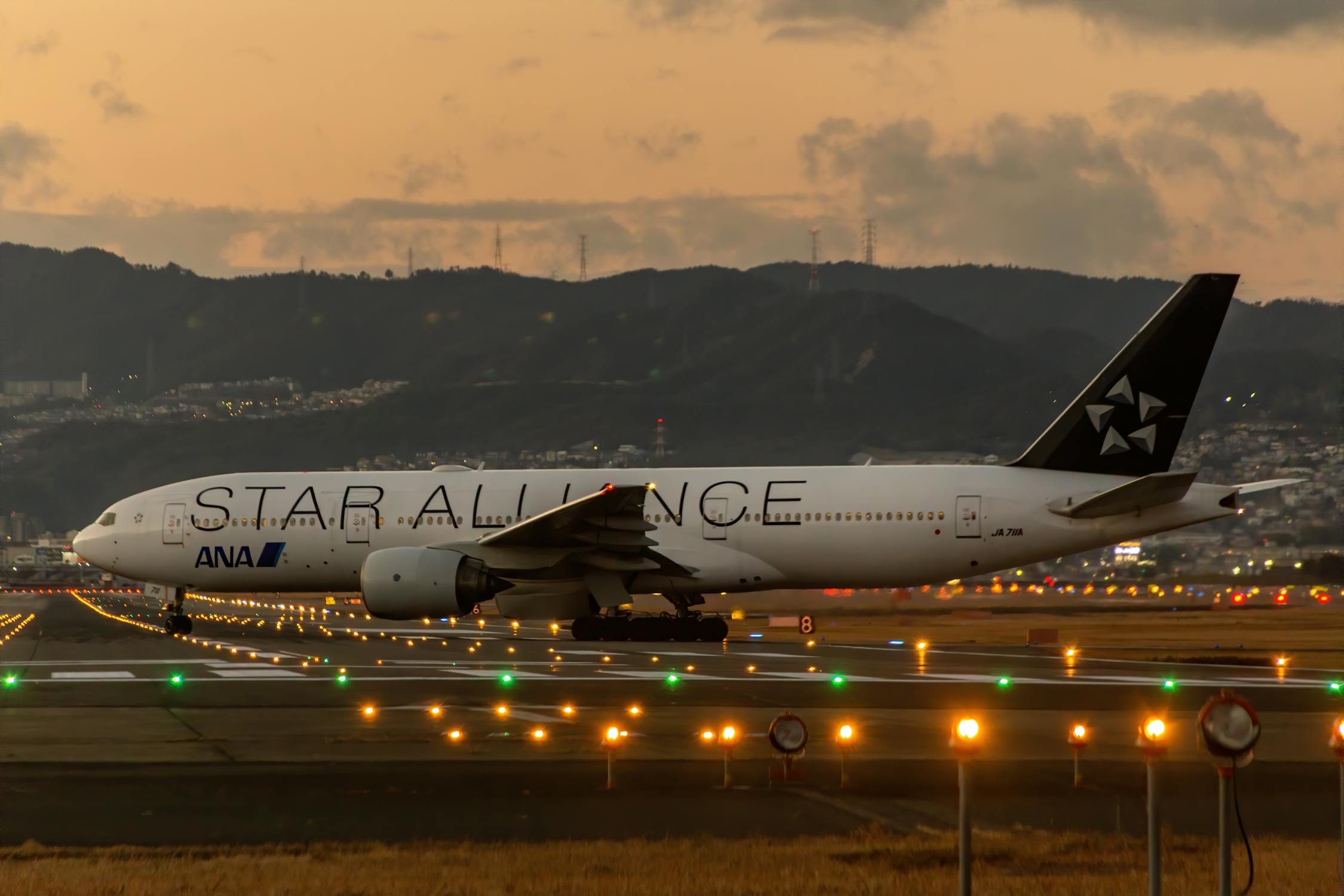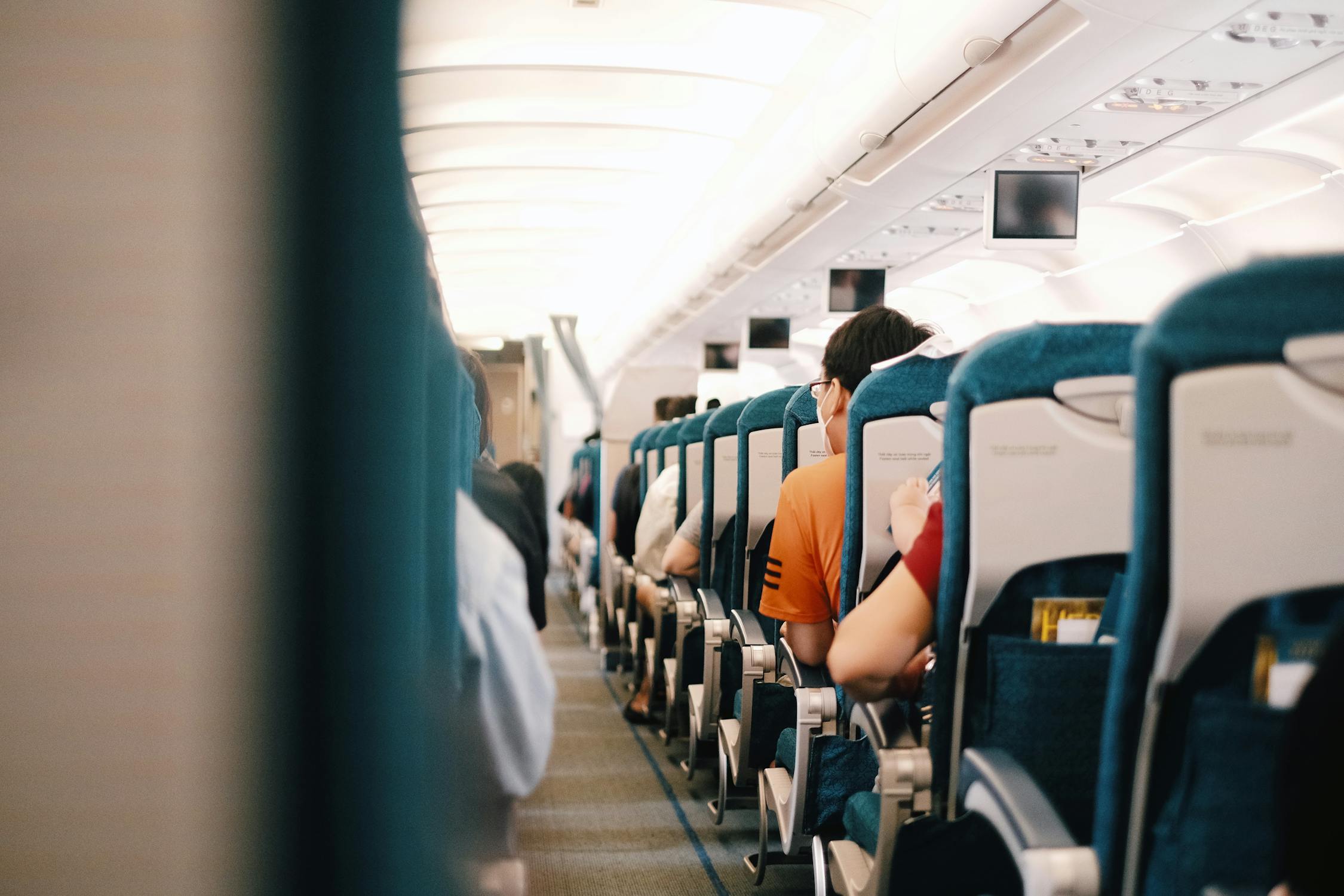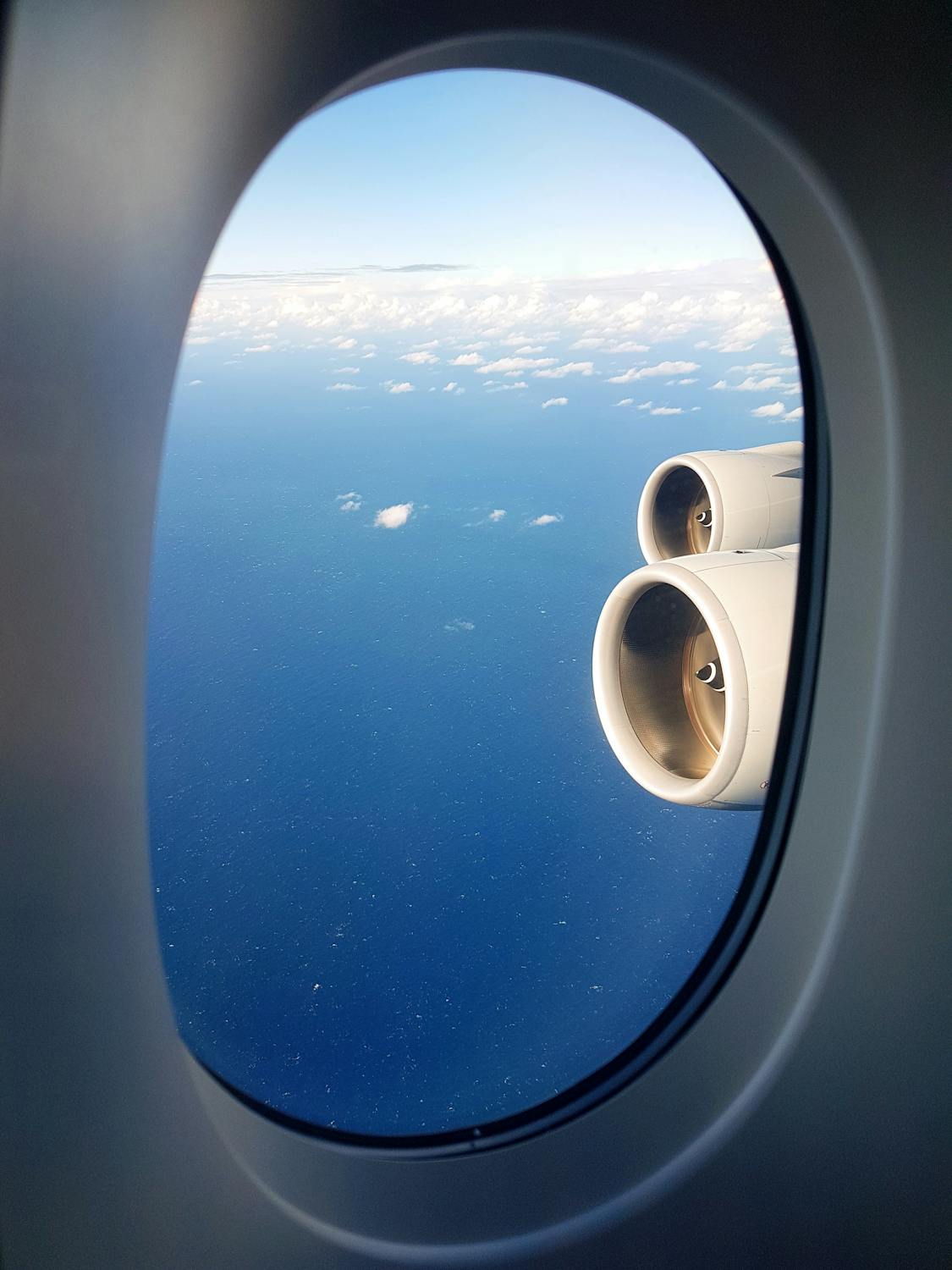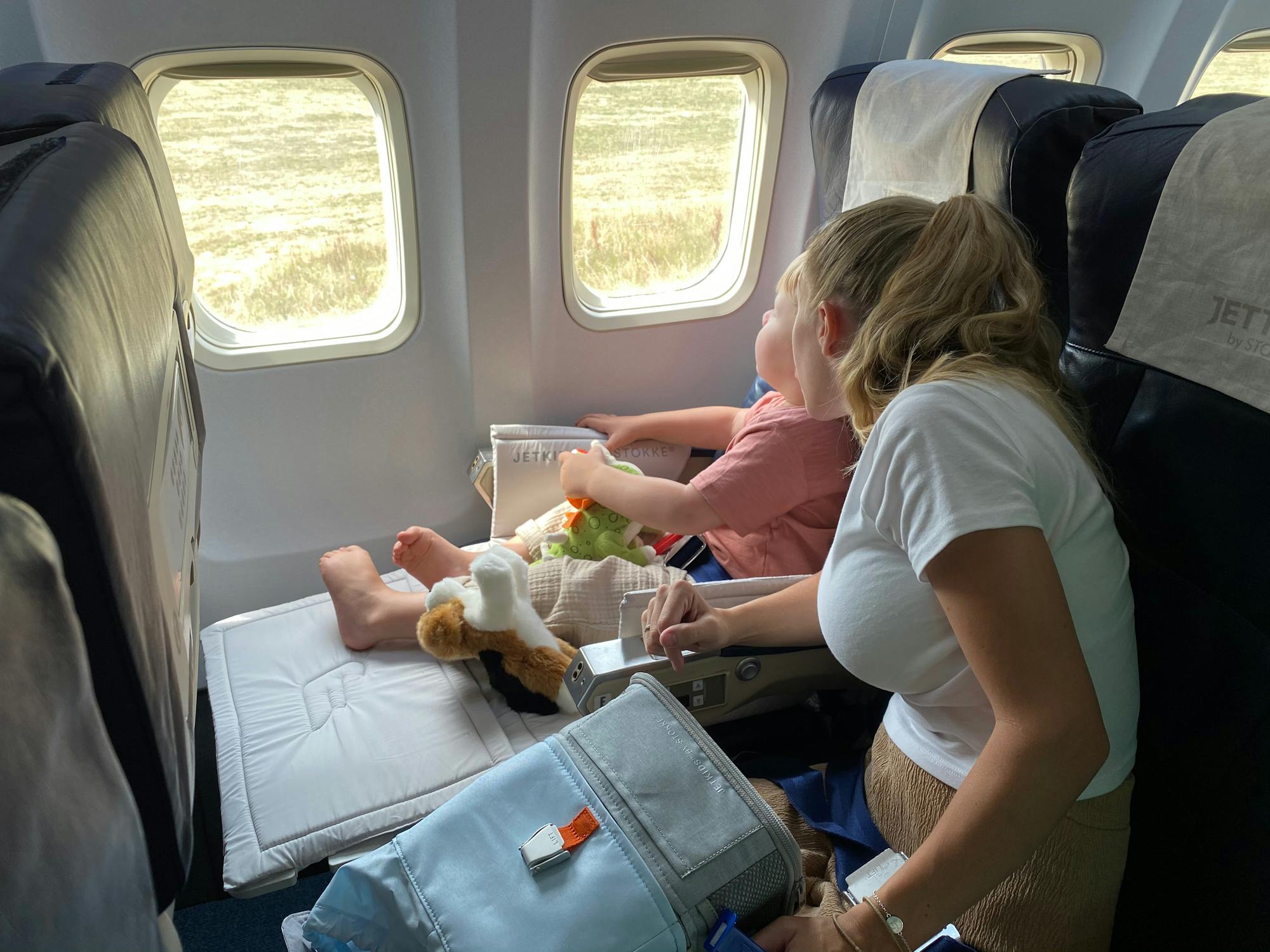By Team Travel Secrets
Here are some simple things you can do to make your long-haul journey comfortable.

Say no to carbonated drinks
The bubbles in carbonated drinks expand at high altitudes, making you feel bloated. Enjoy some fresh fruit juice and plenty of water instead.
Don’t chew gum
It tends to make you swallow as you chew on it, which can cause gas.
Eat food that contains Tryptophan
Tryptophan is a calming amino acid and food items that carry it in high levels tend to induce sleep naturally. So start munching on dates, cottage cheese, turkey and fish once onboard.

Ditch gas-producing foods
Gastrointestinal discomfort is one of the biggest problems typically associated with long-distance flight. Flatulence can be a cause for discomfort and embarrassment for you as well as your co-passengers. The best course is to cut out on food items belonging to the cruciferous family such as broccoli, cauliflower and potatoes which encourage intestinal expansion.
Choose vegetarian meals
Vegetarian meals are served first, so you’re done faster, thus cutting out unnecessary wait before you go to sleep. Simple!
Eat something light before boarding
Rather than a secret, this is more of basic common sense. If you find yourself really tired and don’t want to wait till your meal is served, grab something to eat before you step onboard and let the flight attendant know that you don’t want dinner.
Always carry earplugs and an eye mask

These wonderful sleeping aids are easily available and affordable too. An inflatable pillow is another good investment.
Choose a window seat

The benefits of choosing the window seat are three-pronged. You can lean against a solid surface for support while sleeping and not get disturbed by a co-passenger wanting to go to the loo. Plus, you don’t miss out on the view outside.
Try and get a seat up front

By getting a seat in the first few rows, you can avoid the disturbance caused by engine noise which is loudest towards the rear. You can do this by checking in online. Most airlines allow web check-in 24 hours before take-off.
Don’t be tempted to take a sleeping pill
A sleeping tablet can increase the risk of a blood clot from sitting in cramped spaces for too long. Besides, it’s good to be alert, not inert, when flying.











